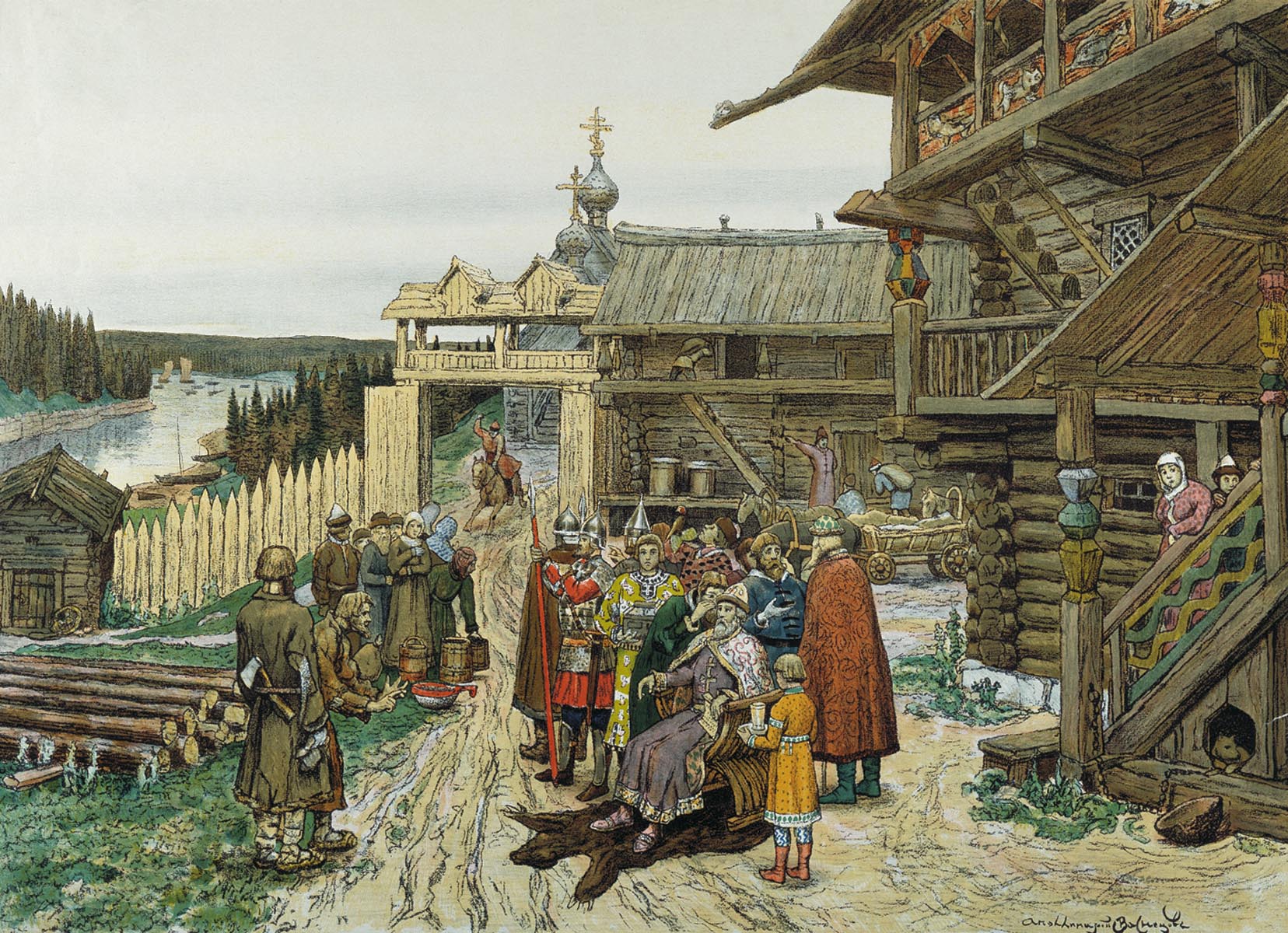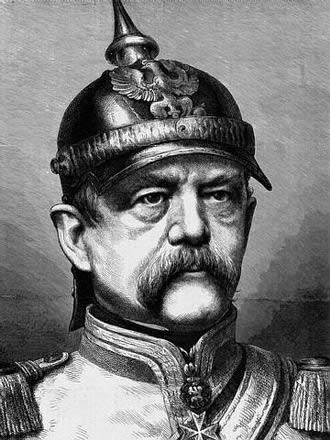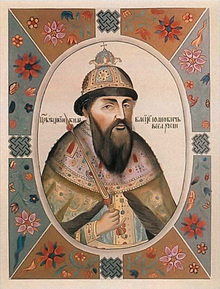 Russia has always fascinated me—the stern heroes who defended Muscovy against the Golden Horde, the ornate and mysterious orthodox faith, the vast spaces, the remarkable learning and philosophy, the Bolshevik Revolution against imperialism... It’s clear the West has always been jealous of a race of genius, highly deserving respect.
Russia has always fascinated me—the stern heroes who defended Muscovy against the Golden Horde, the ornate and mysterious orthodox faith, the vast spaces, the remarkable learning and philosophy, the Bolshevik Revolution against imperialism... It’s clear the West has always been jealous of a race of genius, highly deserving respect.
Today’s fearful standoff is yet another epic struggle reflecting Russia’s past glory, but unfortunately, now in a nightmarish world of drones and nuclear bombs. Far more tragic than could be easily reconstructed in tales of Boris Gudonov and the 'time of troubles', invasion by Poland and the heroic resistance that sprung up and pushed the Poles out, leading eventually to the rise of Moscow as the centre of a new empire.
That is perhaps the underlying reason for the vindictive animosity that shrieks forth from the western media, as the American bully tries to taunt the Russian bear into doing something foolish or that at least looks foolish, as interpreted in western media. But the Russian leader stands by his principles and his fellow Slavs, and holds firm, despite the provocations. No one is going to destroy Russia nor will they succeed in breaking up the ancient slavic federacy into Wal Marts.
German-Russian common interests
A more recent episode in Russia’s history involves the German statesman Bismarck, who  recognized that the rimland powers (then Britain, now the US, which use superior naval might to dominate the world) had to neutralize Russia to keep in control of the European heartland. That the British (now Americans) had to keep Germany and Russia apart, as “Who rules East Europe commands the Heartland; who rules the Heartland commands the World-Island; who rules the World-Island commands the world.” (MacKinder)
recognized that the rimland powers (then Britain, now the US, which use superior naval might to dominate the world) had to neutralize Russia to keep in control of the European heartland. That the British (now Americans) had to keep Germany and Russia apart, as “Who rules East Europe commands the Heartland; who rules the Heartland commands the World-Island; who rules the World-Island commands the world.” (MacKinder)
Today’s ‘moralists’ find it difficult to explain that Bismarck, yes, was a cold calculator and his decisions were rarely subjected to ethical criteria—but the result of his Realpolitik was a relatively stable German state which under Bismarck’s chancellorship managed Europe’s adjustments without armed conflicts. Between 1871 and 1890, the German Empire was on the whole a stabilizing factor in Europe.
During the Berlin Congress to end the Balkan crisis in 1878, Bismarck effectively presented himself as an honest broker, respected by all of Europe. However, with Bismarck’s departure in 1890, this period of the relaxation of European tensions and Germany’s stabilizing influence was over. The German chauvinists recklessly abandoned Bismarck’s plan to keep the rimlanders at bay, denying Europe peace and prosperity for the next century, but providing lots of spoils for the (rimlander) victors.
We now have more than enough proof that if Germany and Russia get along, it is a blessing for Europe; if we go to war, the whole continent lies in ruins, picked apart by rimlanders.
No more room for heartland stability
The current western decision to invade Ukraine is for no other reason than once again crushing the spirit of Bismarck. Weaken Germany through a pointless war with Russia, and walk into the devastation with a Transatlantic Trade and Investment Partnership (TTIP), a kind of NATO for the destitute masses. And then the “West” will rule forever.
As Pepe Escobar puts it, “the Empire of Chaos dream of regime change in Russia has always hinged on controlling large swathes of Eurasia. A puppet in Moscow—a carbon copy of the drunken stooge Yeltsin—would free up Russia’s immense natural resources for the West, with those from the contiguous Central Asian “stans” as a bonus.”
If on the other hand Russia maintains its influence, even indirectly, in Ukraine and on Central Asia’s oil and natural gas wealth, Moscow is capable of projecting itself again as a superpower and putting a hold on the US unipolar world.
Russia has not backed down. In a spirit of goodwill, the Soviet Union joined the landmark Treaty on Conventional Forces in Europe (how much proof do NATO warmongers need that Russia has always wanted peace?). By 2007, it was clear what NATO was up to in Ukraine, and Putin wisely canceled the treaty and is now protecting Crimea and testing NATO’s defenses by flying their planes into NATO’s defensive perimeter.
Ukraine and Russia have always been allies. Most Ukrainians are Russian (the few xenophobic Ukrainians that the West praises so lavishly were molded in Poland in the 1930-50s and are largely fascist).
But that doesn’t matter to western world conquerors, who encouraged Nazis in the past, whose sense of morality is zero. They thought that Ukraine would be a walk-over, lured like the Lithuanians into accepting US arms and luxuries in lieu of national integrity. But that didn’t work.  This duplicity among western media means that no such media can be respected. It is more worthwhile to reflect on the fact that Ukraine’s Prince Shuysky was elected Tsar until the Russian pretender came of age 500 yrs ago. That was the age of heroic politics.
This duplicity among western media means that no such media can be respected. It is more worthwhile to reflect on the fact that Ukraine’s Prince Shuysky was elected Tsar until the Russian pretender came of age 500 yrs ago. That was the age of heroic politics.





